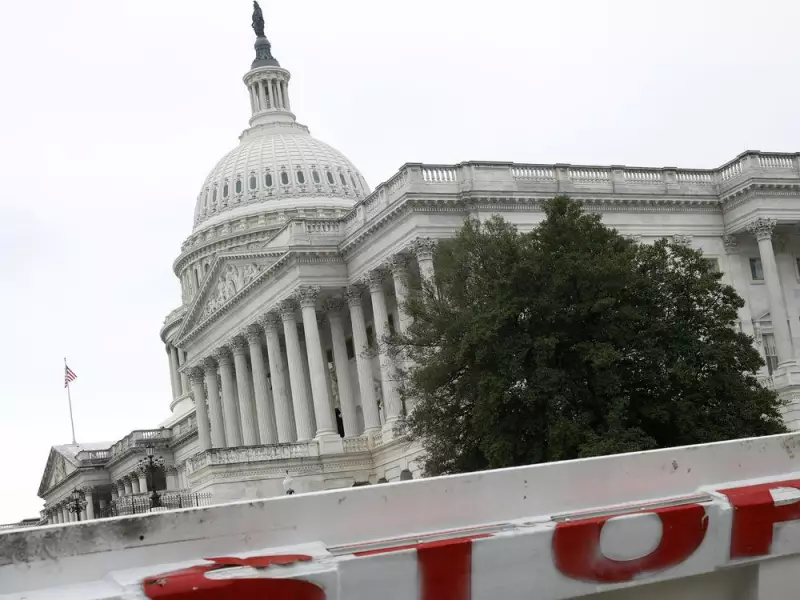
In a remarkable display of bipartisan defiance, the U.S. Senate has delivered a powerful message to the White House regarding trade policy. Lawmakers from both sides of the aisle united to challenge President Donald Trump's authority to impose tariffs based on national security concerns.
A Rare Moment of Cross-Party Unity
The Senate Finance Committee approved a non-binding motion that could significantly limit presidential power over trade decisions. This symbolic yet potent move demonstrates growing congressional frustration with the administration's aggressive use of tariffs, particularly those affecting key allies like Canada.
The vote represents more than just political theater—it signals a potential shift in how Congress views its role in international trade matters. Senators expressed particular concern about tariffs imposed under Section 232 of the Trade Expansion Act, which allows the president to restrict imports citing national security threats.
Canadian Implications and Economic Fallout
For Canadian businesses and policymakers, this development couldn't come at a more critical time. The ongoing trade tensions between the two nations have created uncertainty for numerous sectors, including:
- Automotive manufacturing and supply chains
- Aluminum and steel producers
- Agricultural exporters
- Forestry and lumber industries
"This vote sends a clear message that many in Congress believe the administration's tariff approach has gone too far," noted a trade policy analyst familiar with Canada-U.S. relations.
The Road Ahead for Trade Relations
While the motion itself doesn't immediately change existing tariffs, it establishes an important precedent. The Senate is essentially asserting that Congress should have greater oversight when national security is invoked to justify trade restrictions.
The timing is particularly significant as Canada continues to navigate the complex landscape of North American trade relationships. With the USMCA trade agreement awaiting implementation, this congressional pushback against unilateral tariff actions provides Canadian negotiators with additional leverage and potential allies in Washington.
Looking forward, market analysts suggest that this development could ease pressure on Canadian exporters who have been grappling with uncertainty and additional costs. However, experts caution that the battle over trade authority is far from over, and businesses should remain prepared for ongoing volatility in cross-border commerce.





